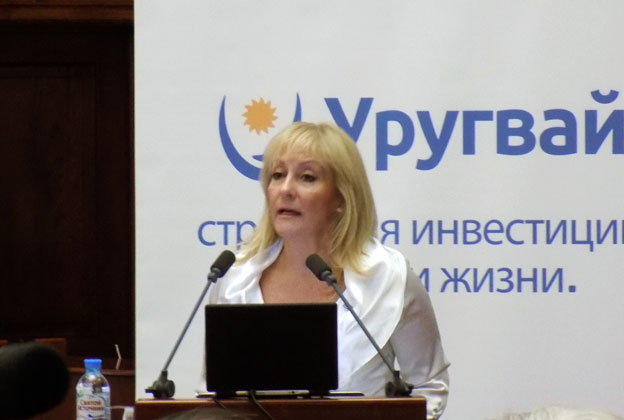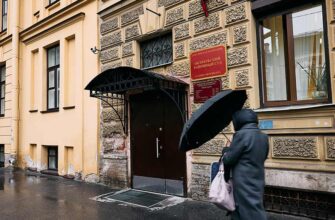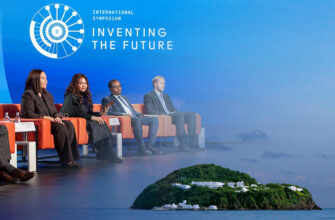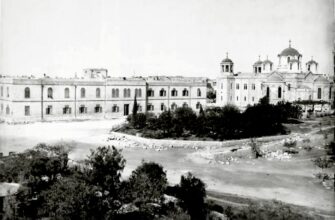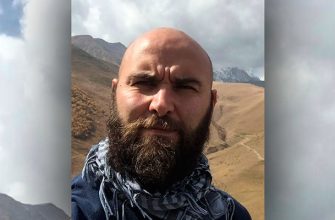On February 15, 2017 the Minister of industry, energy and mining of Uruguay Ana Carolina Cosse Garrido, together with other delegates from government and business of Uruguay represented her country in the forum in Chamber of Commerce and industry of Russia (CCI RF). At the end of this presentation hardly a single member of the forum did not want to go immediately to this wonderful country of high technology and virgin nature.
Russian-Uruguayan business forum was held during the first (since 1988) official visit of President of Uruguay, Mr. Tabare Vaskes Ramon Rosas to Moscow. As noted by the President of the CCI S. Katyrin: “I hope this visit is a signal for Russian and Uruguayan business development”, because in recent years the trade turnover between Russia and Uruguay fell substantially (from $623.7 million in 2012 to $144.9 million in 2015). Also he expressed the hope that development of mutual relations will resonate not only in central cities, but also in the regions of the Russian Federation and Uruguay: “It is always valuable not for big companies, but also for average and small business,” he said.
Uruguay has a fairly high investment rating in 2016 (Baa3), and it attracts a large amount of foreign direct investment. Uruguay’s economy is continuously growing over the last decade, the average growth of the gross domestic product (GDP) is 5% (in 2015 it accounted 1%). Main trading partner is China (22% of exports), and the main direction of exports is outsourcing of business processes (55%). In addition, it is the country with the highest standard of living in Latin America (annual income per capita is $15’750), and a high level of literacy. All students are supplied with computers.
Uruguayan government invites the Russian entrepreneurs for cooperation on favorable conditions. First of all, business in Uruguay opens the Russians the way to Latin America. The agreements of the country under MERCOSUR (“South market” of Argentina, Brazil, Uruguay, Paraguay and Venezuela, Spanish Mercado Comun del Sur) and free trade with Mexico make available for the investor a potential market of 400 million people. Secondly, the country adopted the law on investment, which provides 20-100% of their compensation to the investor. Resident of duty-free zones should not pay taxes. From the point of view of logistics in Uruguay offers free port and Free airport.
Investment plan of Uruguay in 2015-2019 provides for 3 main articles to attract investment:
- $4’230 million in energy
- $2’360 million in reconstruction and construction of roads
- $1’870 million in training and educational centers, infrastructure, hospitals and prisons.
The most important project in Uruguay, for which the government expects investors, is energy. Today 96% of electricity is produced here from renewable sources, wind power takes 30%.
Special opportunities in communications, where an ambitious project of a fiber optic connection to the Internet is implemented (national administration of telecommunications, ANTEL), it will be completed in 2017. The project will cover, in addition to Uruguay, USA and Brazil.
Organic food from Uruguay is already known on the Russian market, although in recent years they are often sent to feed the Chinese, because of world price trends. The Russians often do not see the manufacturer of butter, as the Russian producer dilutes it with vegetable oils and sells as a Russian product.
In agriculture Uruguay is advanced country. 85% of the cattle population is connected to the system of traceability, from birth to butchery. Technology of traceability is a system of tags (collars, brands, tags and microchips), which gives an individual picture of the origin, genetics and medical history of the animal. The purpose of this system is the transparency of the technological chain of production of meat, its safety for the consumer. The availability of the system enables to export products.
This was also the first country where the vineyards are equipped with a system of plant protection GIS (Geographic Information System). This system “guides” the user, advises where it is necessary to plant the vine to produce a high quality wine from the point of view of geography, soil science, natural waters and temperatures.
Sources: Торгово-Промышленная палата РФ, Data +, FAO
